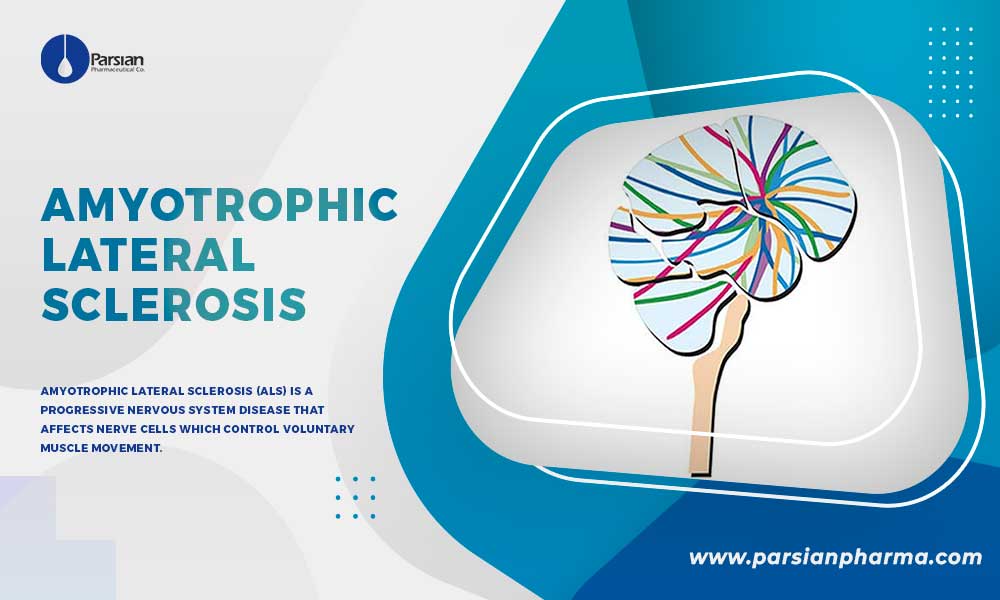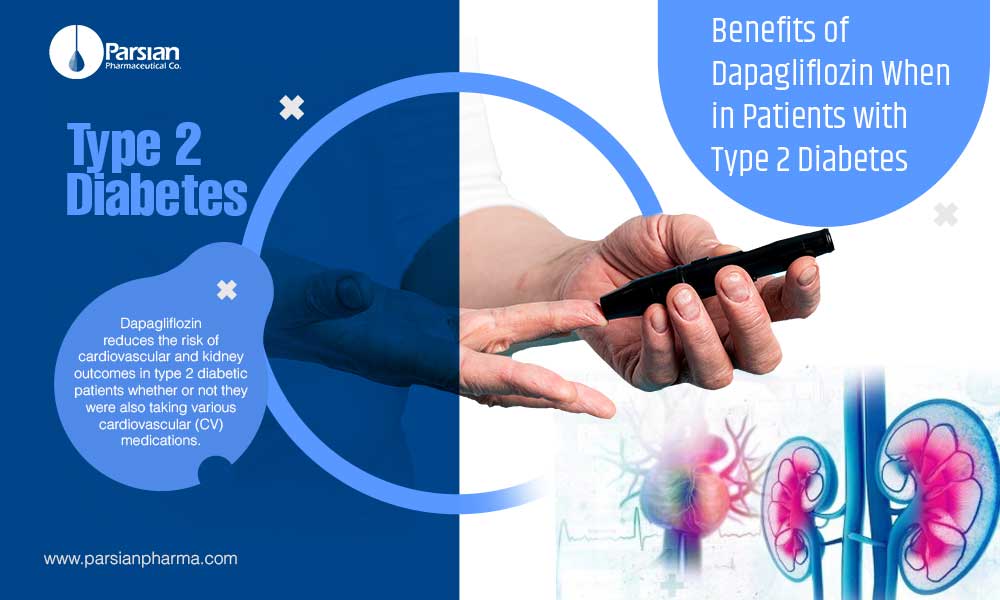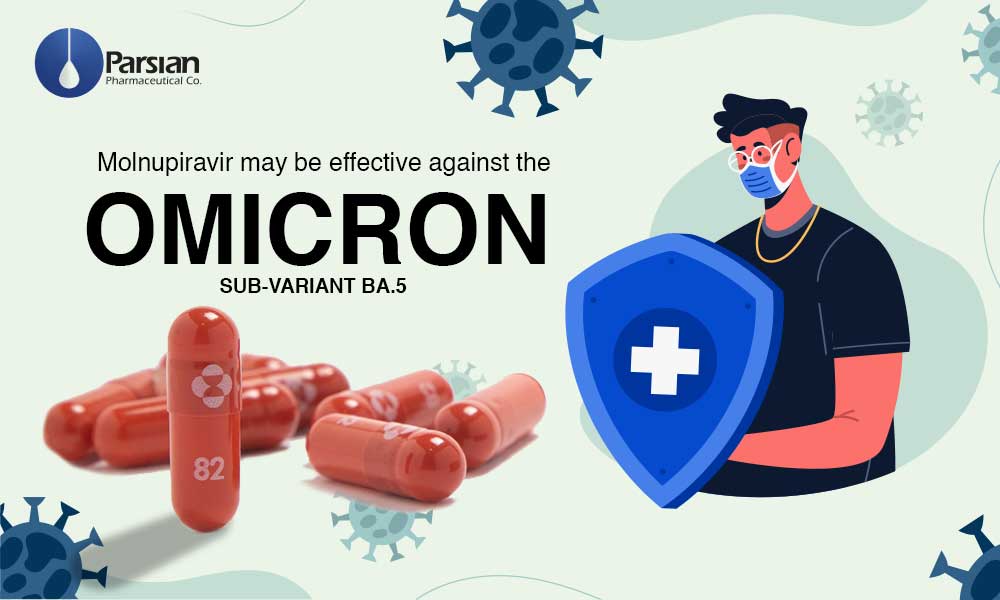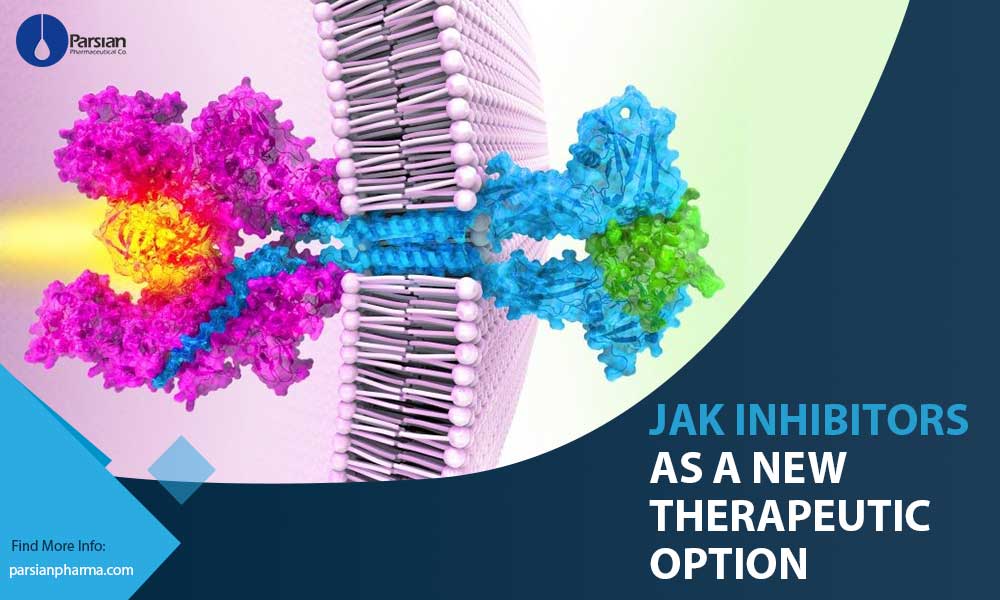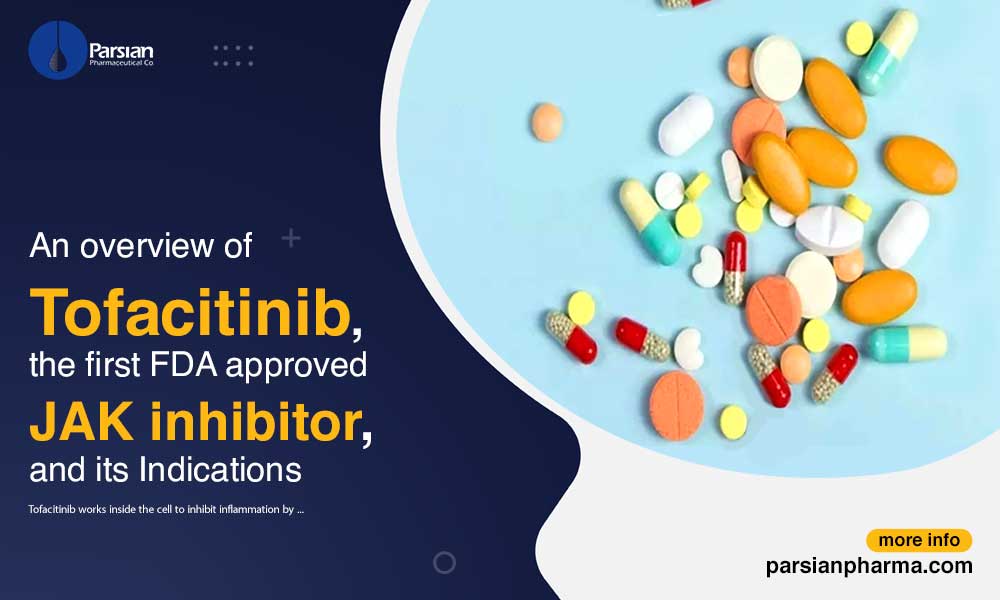Type 2 diabetes is a prevalent chronic condition, that affects millions of people worldwide. It occurs when the body cannot effectively use the insulin it produces, leading to elevated blood sugar levels. Proper management of Type 2 diabetes is crucial to prevent complications and improve the quality of life for those diagnosed. In addition to lifestyle changes like diet and exercise, medications play a significant role in controlling blood sugar levels. This article will explore Type 2 diabetes, its causes, symptoms, and the medications used to manage it.
What is Type 2 Diabetes?
Type 2 diabetes, also known as adult-onset diabetes, is a metabolic disorder characterized by insulin resistance and elevated blood sugar levels. It typically develops in adults but can affect individuals at any age. In Type 2 diabetes, the body’s cells do not respond effectively to insulin, a hormone produced by the pancreas to regulate blood sugar. As a result, blood sugar levels become elevated, leading to various health issues.
Type 2 Diabetes Statistics
Causes and Risk Factors
The exact cause of Type 2 diabetes is not fully understood, but several risk factors are associated with its development:
- Genetics: A family history of diabetes can increase the risk of developing Type 2 diabetes.
- Obesity: Excess body fat, especially around the abdomen, is a significant risk factor.
- Lack of Physical Activity: A sedentary lifestyle can increase the risk of diabetes.
- Poor Diet: A diet high in sugar, saturated fats, and low in fiber can contribute to the development of the condition.
- Age: The risk of Type 2 diabetes increases with age, especially after 45.
Symptoms of Type 2 Diabetes
Common symptoms of Type 2 diabetes include:
- Frequent urination
- Increased thirst
- Unexplained weight loss
- Fatigue
- Blurred vision
- Slow-healing sores
- Recurrent infections
It’s essential to recognize these symptoms and seek medical advice if you experience them.
Medications for Type 2 Diabetes
The management of Type 2 diabetes often includes medications in addition to lifestyle changes. The choice of medication depends on various factors, including the severity of the condition and individual patient needs.
Here are some common medications used in the treatment of Type 2 diabetes:
| MEDIACATIONS | MOA |
| Metformin | Metformin is usually the first-line medication for Type 2 diabetes. It helps lower blood sugar levels by improving insulin sensitivity and reducing the production of glucose by the liver. |
| Sulfonylureas | This class of medications stimulates the pancreas to release more insulin |
| DPP-4 Inhibitors | Dipeptidyl peptidase-4 (DPP-4) inhibitors, such as Sitagliptin and Linagliptin , increase insulin production while reducing blood sugar levels. |
| SGLT-2 Inhibitors | Sodium-glucose co-transporter 2 (SGLT-2) inhibitors, like Empagliflozin and Dapagliflozin , work by reducing the reabsorption of glucose by the kidneys, leading to increased glucose excretion in the urine. |
| GLP-1 Receptor Agonists | These medications, such as Semaglutide and tirzepatide, stimulate the release of insulin and reduce glucagon secretion, helping to control blood sugar levels. |
| Insulin | In some cases, especially when other medications do not provide adequate control, insulin therapy may be necessary. |
Type 2 diabetes Medication Considerations
Before starting any medication for Type 2 diabetes, it’s crucial to consult with a healthcare provider. The choice of medication should be personalized to the individual’s needs and lifestyle. Additionally, factors like potential side effects, cost, and the mode of administration (oral, injection, etc.) should be considered.
Conclusion
Type 2 diabetes is a common chronic condition that requires careful management to prevent complications and maintain a good quality of life. Medications are a vital component of the treatment plan, and the choice of medication should be based on individual circumstances and in consultation with a healthcare professional. In addition to medications, lifestyle modifications, including a healthy diet and regular physical activity, are key to effectively managing Type 2 diabetes. By understanding the condition and the available treatment options, individuals with Type 2 diabetes can take control of their health and work towards a brighter, healthier future.
learn more about Type 2 Diabetes in our website:
Benefits of Dapagliflozin When in Patients with Type 2 Diabetes.
COVID-19 infection even mild ones may increase Risk of Developing Diabetes.
Role of SGLT2 and DPP-4 Inhibitors in the treatment of Type 2 Diabetes Mellitus.
Related Products:
References:



